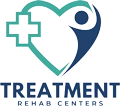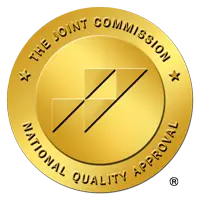The Top Dual Diagnosis Treatment Centers in Wisconsin
Our team has selected the 9 top Wisconsin dual-diagnosis treatment centers based on our vetting process for providers of co-occurring disorder treatment programs.
To review our standards, ‘Our Vetting Process’
Search Nearby Cities
- City Name
Browse Treatment Centers in Wisconsin
At SOBA Recovery Centers, we are dedicated to providing our clients with exceptional care in a welcoming, non-judgmental setting. Our clients and their families have access to some of the best clinicians in the state and an array of luxurious amenities such as a gym, sauna, jacuzzi, and gourmet meals prepared by world-class chefs to enhance their rehab experience.
We are committed to making the journey to recovery as comfortable and effective as possible. We accept most major insurance policies and offer free transportation services for clients within a five-hour radius of our facility. New Brunswick, New Jersey
LEVELS OF CARE
Editorial Note
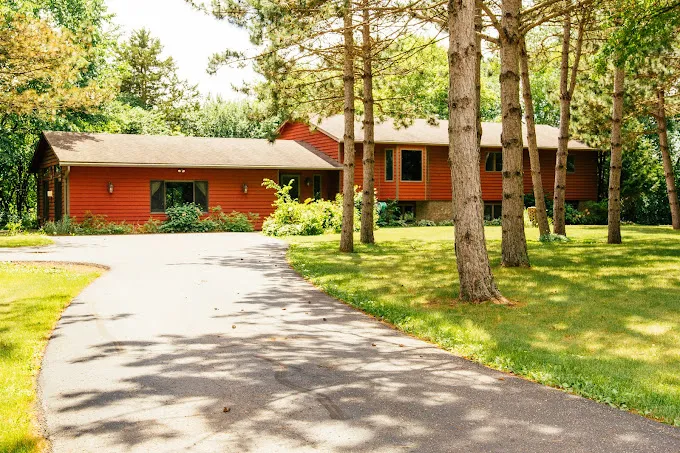
Burkwood Treatment Center
Burkwood Treatment Center is dedicated to providing a supportive healing environment specifically for adult men and women, allowing them to focus entirely on their recovery journey. The residential program includes a variety of interventions, such as individual therapy, family counseling, process groups, life skill development, guided imagery, activity therapy, cognitive behavioral therapy (CBT), motivational interviewing, and other clinical or holistic options tailored to the client’s needs.
Additionally, Burkwood Treatment Center offers a program called Making Alcoholics Anonymous Easier (MAAEZ), which places clients in a group setting designed to help them acclimate to the AA 12-step framework that can significantly influence their recovery process. Each treatment team is composed of psychiatrists, nurses, counselors, and dieticians, all working collaboratively to promote overall wellness. The ultimate goal is to ensure that clients can effectively apply the tools and skills they learn during treatment in their everyday lives.
WHAT THEY TREAT:
Dual diagnosis substance abuse and anxiety disorders, depression, PTSD, and bipolar disorder.
Levels of Care
Dual Diagnosis, Inpatient Treatment, IOP, MAT, Outpatient
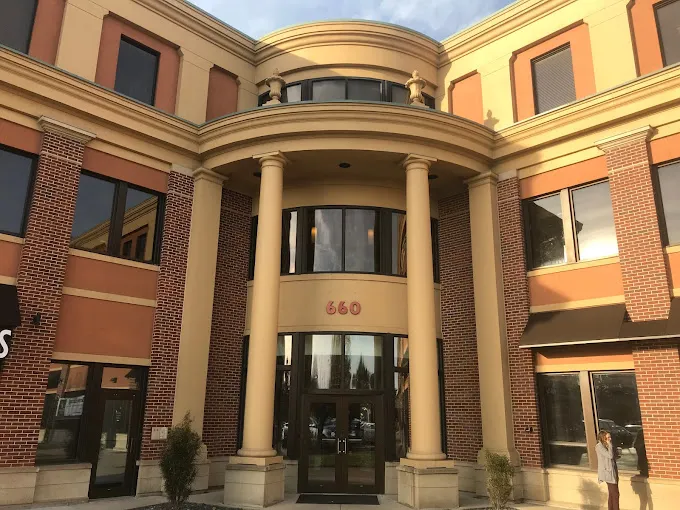
Rosecrance – Connections Counseling
Connections Counseling, offered through Rosecrance, is a recovery center dedicated to treating teens, adolescents, and adults facing a range of co-occurring disorders. The facility provides a diverse array of treatment programs, including individual and group counseling, family programs, psychiatric care, dialectical behavior therapy (DBT), experiential therapies, trauma therapy, EMDR, transcranial magnetic stimulation, and mentorship.
Clients are encouraged to collaborate with their peer mentors to acknowledge their substance use disorders and engage in open communication about their conditions and effective treatment strategies. Additional services include meditation, medication management, and art therapy. Connections Counseling also features a specialized program for college students, enabling them to receive comprehensive care while maintaining their academic commitments and personal freedoms. The center accepts various health insurance plans, ensuring accessibility for clients seeking support.
WHAT THEY TREAT:
Dual diagnosis substance abuse and anxiety, depression, and trauma.
Levels of Care
Dual Diagnosis, IOP, MAT, Outpatient, Residential Treatment, Sober Living
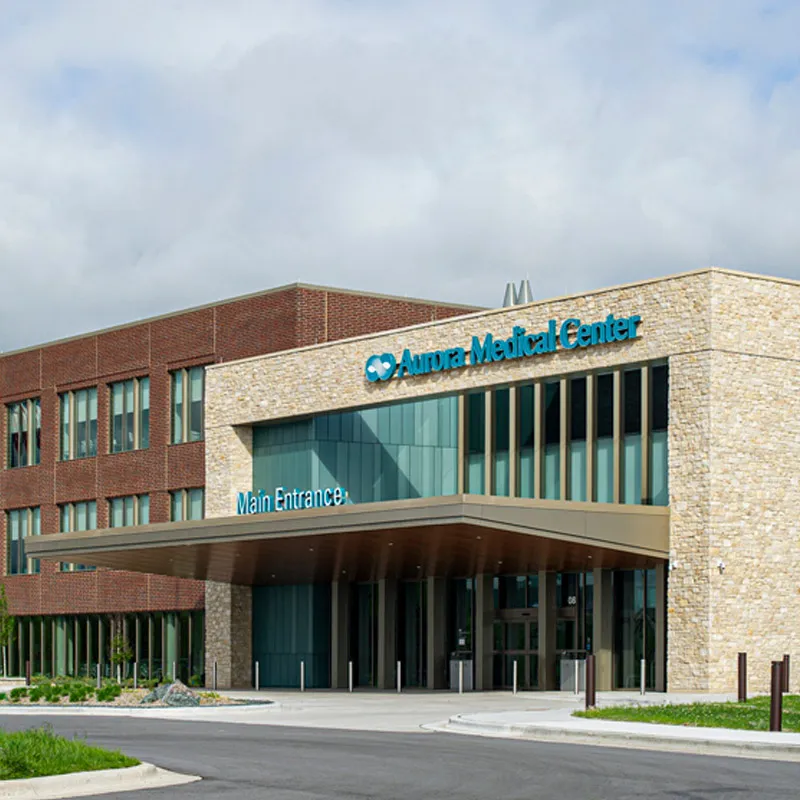
Aurora Sheboygan Memorial Medical Center
Aurora Sheboygan is a medical facility that provides a broad range of general health services, including specialized behavioral health programs for Wisconsin residents facing mental illness and substance abuse issues. Clients enrolled in these programs engage in daily group psychotherapy, cognitive behavioral therapy (CBT), and dialectical behavior therapy (DBT).
These counseling services create opportunities for clients to collaborate with their peers, focusing on coping skill development, distress tolerance, symptom management, and overall wellness as they work towards long-term recovery. Aurora Sheboygan accepts various forms of health insurance and self-pay options, ensuring accessibility for those seeking support.
WHAT THEY TREAT:
Dual diagnosis substance abuse and anxiety, trauma, and depression.
Levels of Care
Dual Diagnosis, IOP, MAT, Outpatient, PHP
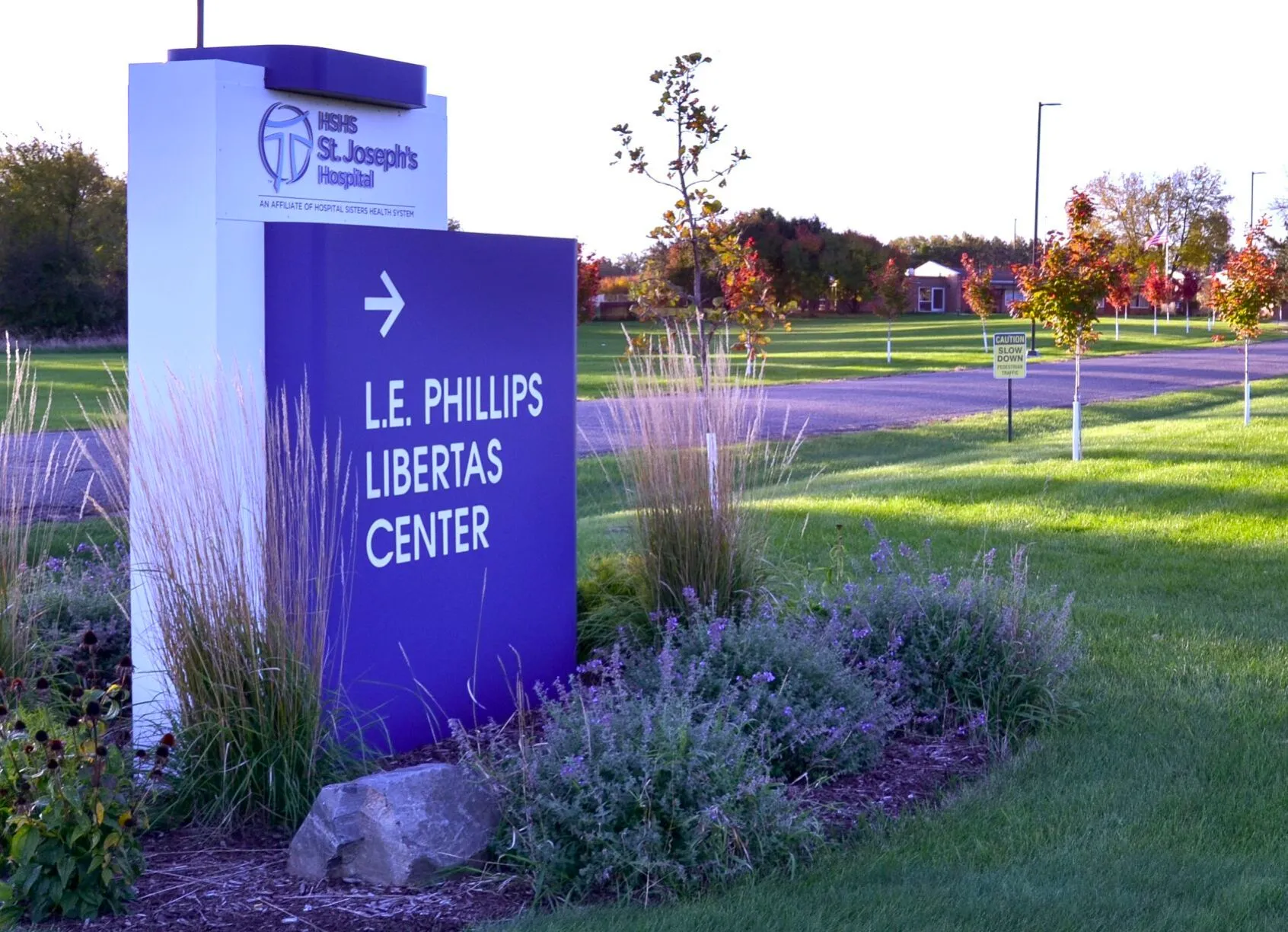
L E Phillips Libertas Center
The L.E. Phillips Libertas Center offers alcohol and drug treatment through a structured, step-by-step program that begins with detoxification and progresses through various levels of care until the client successfully completes the program. This approach ensures that clients receive the highest quality care and the most effective treatment services at every stage of their recovery journey.
Clients have access to a wide range of substance abuse treatment options, including brain stimulation therapy, stress management, biofeedback, medication management, assessments, and vocational assistance. These services are carefully combined to create personalized programs, equipping clients with the tools and habits necessary for long-term wellness and healing.
WHAT THEY TREAT:
Dual diagnosis substance abuse and depression, OCD, ADHD, trauma, PTSD, anxiety, and eating disorders.
Levels of Care
Detox, Dual Diagnosis, Inpatient Treatment, MAT, Outpatient, PHP
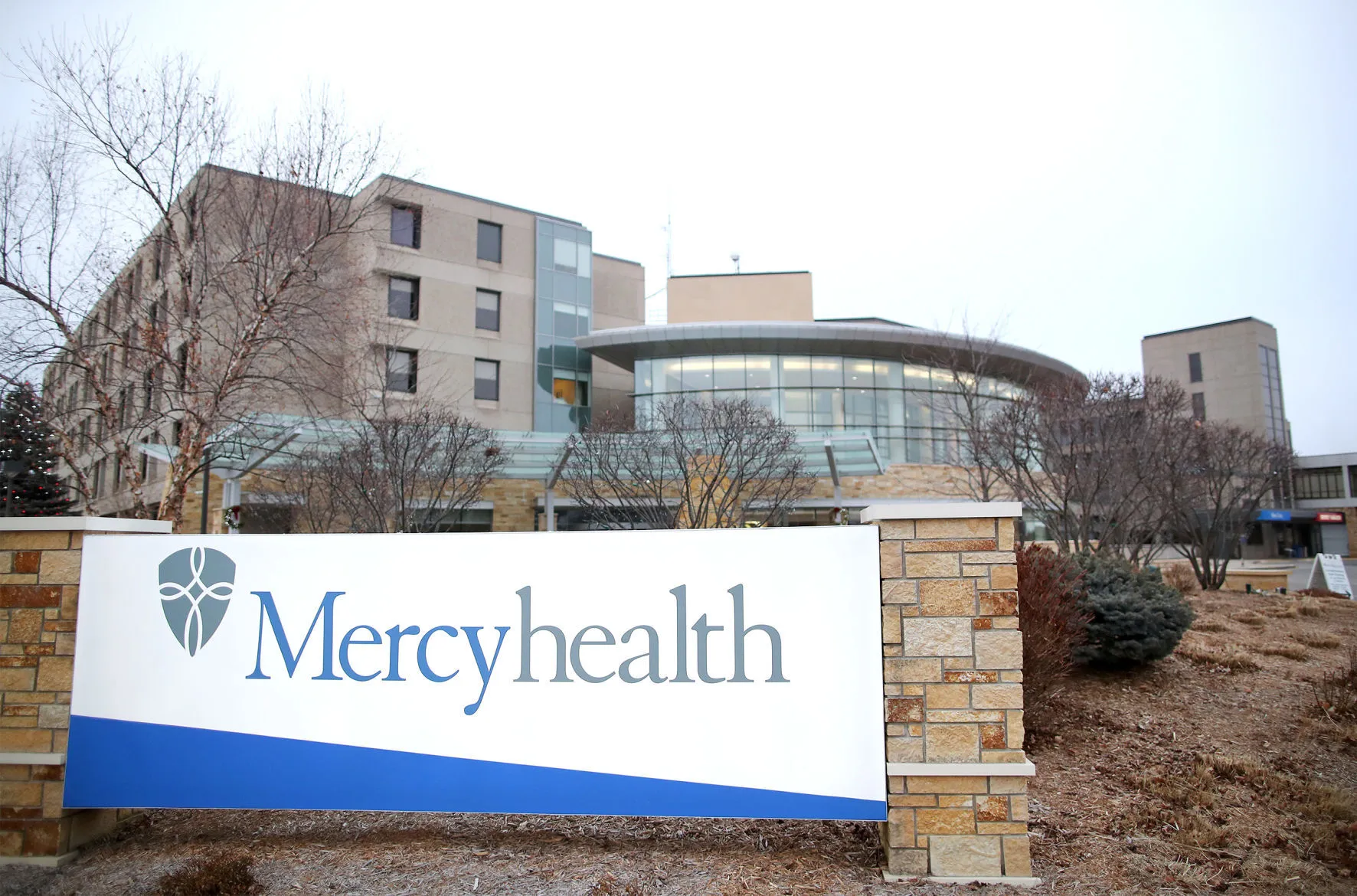
Mercyhealth Behavioral Health
MercyHealth’s behavioral health treatment plans address a wide range of conditions, including mental health issues, disruptive behaviors, and life stressors often intertwined with drug and alcohol abuse. Clients can receive support for challenges such as grief, work performance difficulties, financial struggles, and suicidal ideation. Treatment services include individual therapy, family programs, group therapy, and medication management.
Throughout their treatment, clients work closely with a multidisciplinary team of psychiatrists, social workers, nurses, therapists, and addiction specialists. As a comprehensive medical facility, MercyHealth can also provide access to additional services at various locations, potentially requiring referrals for more specialized care.
WHAT THEY TREAT:
Dual diagnosis substance abuse and anxiety and depression.
Levels of Care
Dual Diagnosis, Outpatient
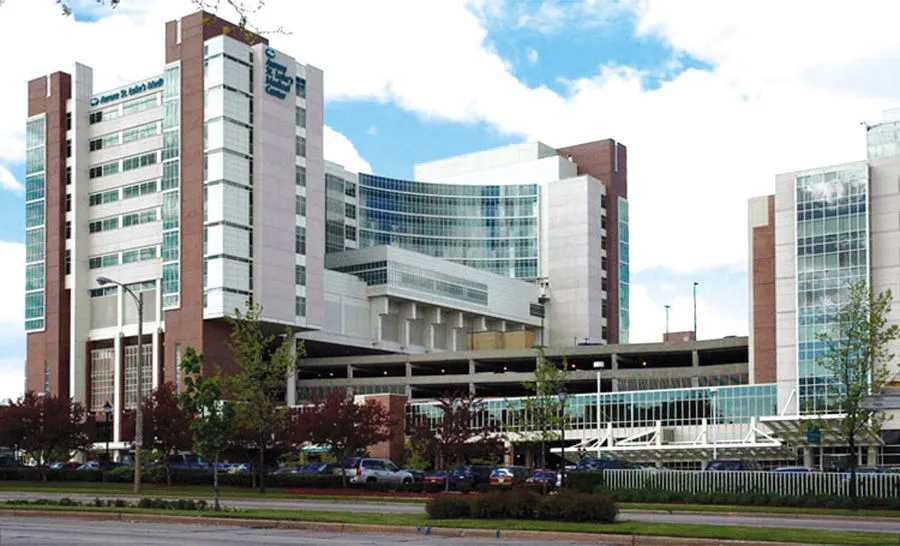
Aurora Healthcare
The psychiatric department of Aurora Healthcare offers a comprehensive range of treatment options for both adult and adolescent clients. Their integrated approach to substance abuse and mental health services includes recovery groups, relapse prevention, cognitive restructuring, affect regulation, wellness training, 12-step programs, assessments, individual and group therapies, education, and various support groups. These programs aim to address the complex needs of individuals seeking recovery and mental wellness.
For children and adolescents, Aurora Healthcare provides specialized programs that focus on skill-building group therapy, psychiatric evaluations, education, and extensive case management. With multiple levels of care available, clients can easily fit treatment into their schedules and receive effective care, regardless of the time they can commit to their recovery.
WHAT THEY TREAT:
Dual diagnosis substance abuse and anxiety, depression, OCD, and PTSD.
Levels of Care
Dual Diagnosis, MAT, Outpatient, PHP, Residential Treatment
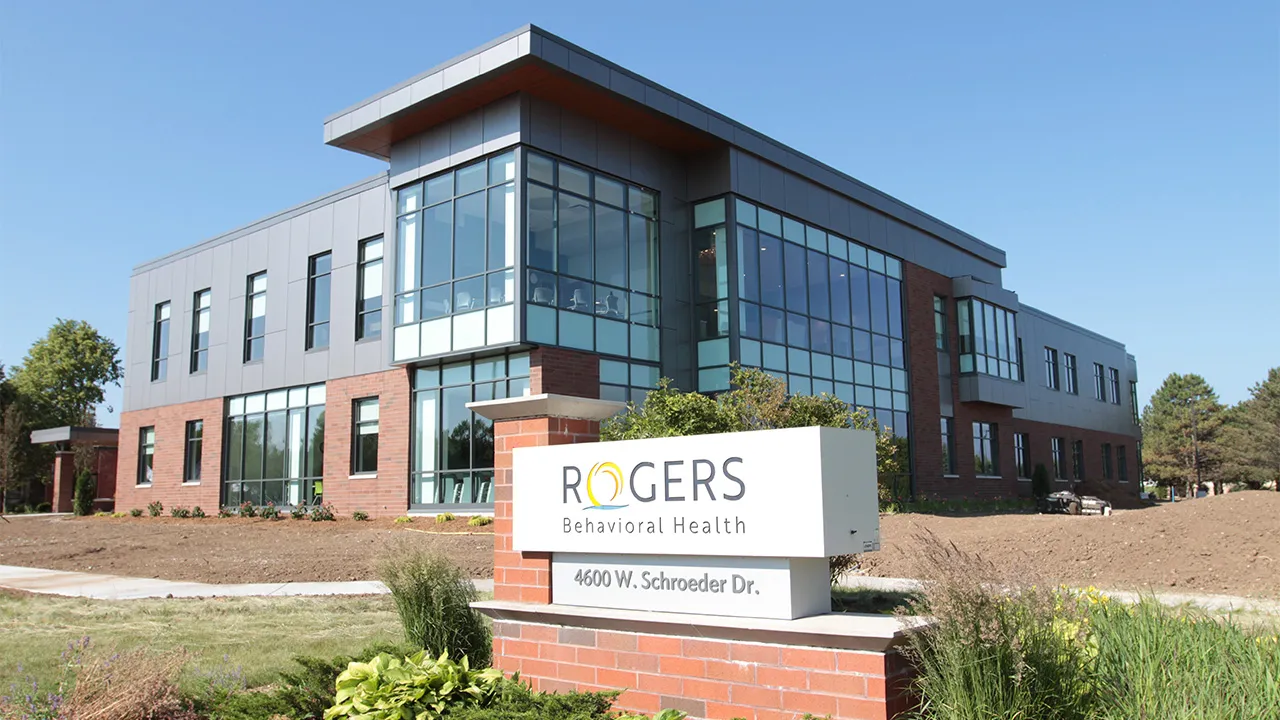
Rogers Behavioral Health – Brown Deer
Rogers Behavioral Health, with several locations, offers specialized treatment programs at its Brown Deer facility for children, adolescents, and adults. Tailored to each client’s unique needs, these programs may include withdrawal management, dialectical behavior therapy (DBT), trauma therapy, and a variety of evidence-based therapies. Central to every program are cognitive behavioral therapy (CBT) and medication management, which work together to address immediate symptoms while reshaping negative thought patterns and fostering positive behaviors for long-term sobriety and overall wellness.
The duration of a client’s stay varies based on the level of care they require and any additional factors that may necessitate extended supervision. This flexibility ensures each individual receives the support they need for sustainable recovery.
WHAT THEY TREAT:
Dual diagnosis substance abuse and anxiety, depression, OCD, and mood disorders.
Levels of Care
Dual Diagnosis, Inpatient Treatment, IOP, MAT, Outpatient, PHP
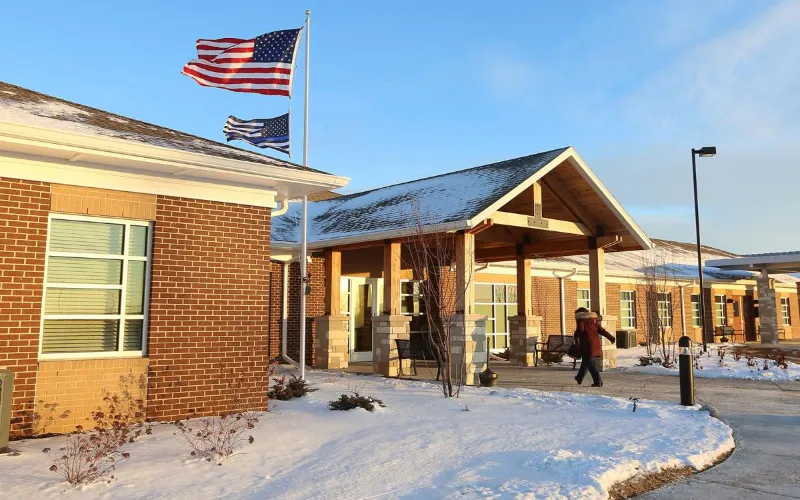
Willow Creek Behavioral Health
Willow Creek is a comprehensive treatment facility that addresses both mental health conditions and substance use disorders for clients of all ages. Their programs are tailored to meet individual needs, with a focus on evidence-based and trauma-informed care. Clients benefit from 24-hour supervision, structured daily schedules, various forms of therapy, recreational activities, medication management, family-inclusive programs, stabilization services, coping skill development, and relapse prevention strategies.
The goal at Willow Creek is to design personalized programs based on each client’s specific needs and goals. These plans consider factors such as age, underlying mental health issues contributing to addiction, and other relevant medical history. By offering highly structured and individualized care, Willow Creek helps clients develop the skills necessary for long-term recovery and a successful life. The facility accepts most health insurance plans, as well as Medicare and Medicaid, as payment options.
WHAT THEY TREAT:
Dual diagnosis substance abuse and anxiety, depression, trauma, PTSD, and bipolar disorder.
Levels of Care
MAT, Inpatient Treatment, Detox, Dual Diagnosis
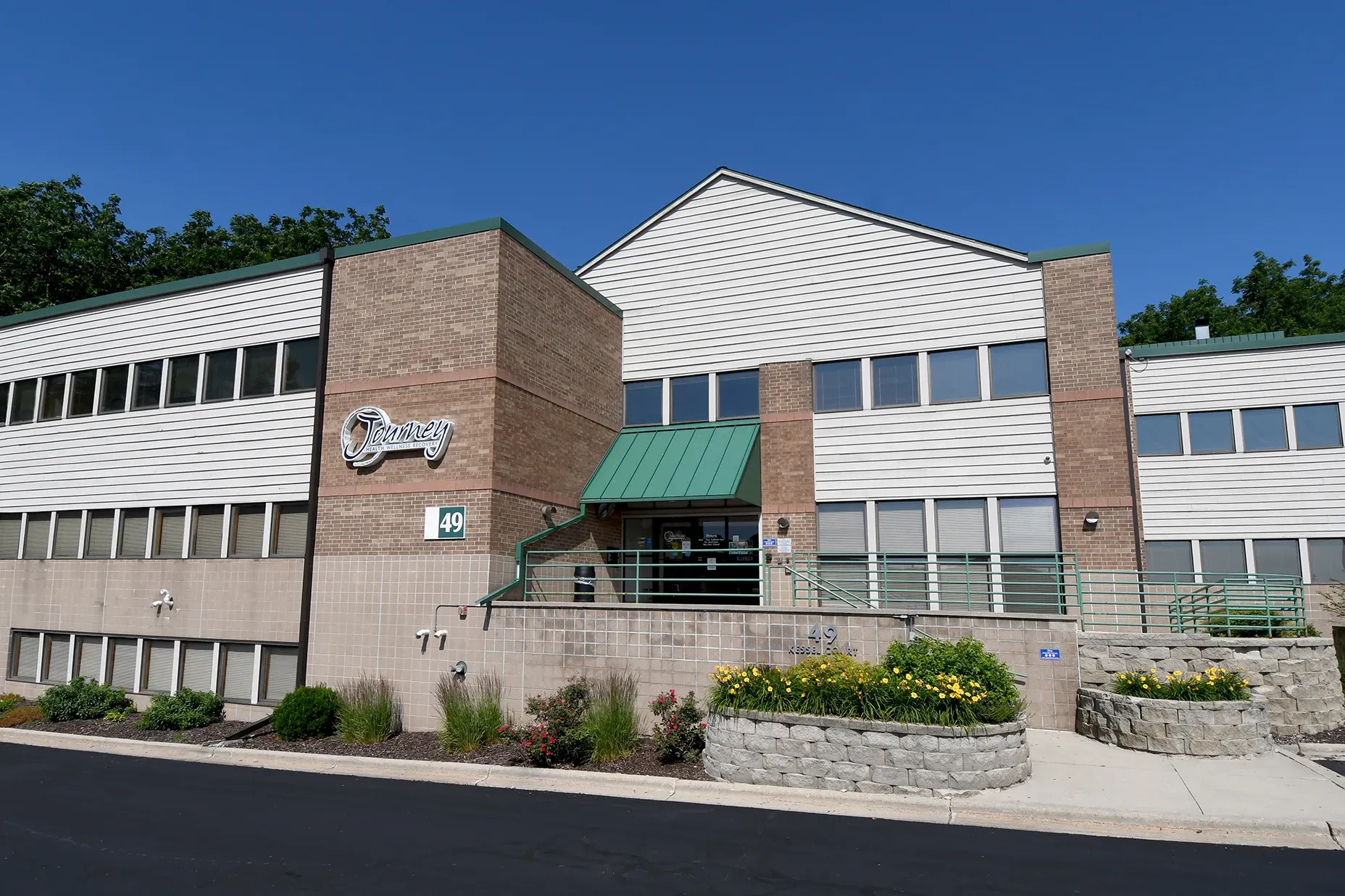
Journey Mental Health Center
Journey Mental Health Center offers a wide range of services designed to support individuals dealing with mental health and substance use challenges. These services include assertive community treatment, cognitive behavioral therapy, family programs, crisis stabilization, individual and group therapy, and various assessments. Group therapy is a central part of the programs, fostering peer support and allowing clients to discuss topics like interpersonal relationships, sobriety maintenance, and shared experiences in a safe, collaborative environment.
Journey Mental Health Center is committed to providing culturally sensitive care, ensuring that the diverse needs of every individual in the community are met. By focusing on inclusivity, they work to address the unique challenges of each client, regardless of background. The program also increases accessibility, making it easier for clients and their families to reach out for help when needed.
WHAT THEY TREAT:
Dual diagnosis substance abuse and anxiety, schizophrenia, bipolar disorder, and depression.
Levels of Care
MAT, Outpatient, Dual Diagnosis
Have a Treatment Expert Reach Out To You
100% Free and Confidential
Our Grading and Vetting Standards
Each behavioral health provider in this resource has been thoroughly vetted and holds a combination of the following indicators of consistent and effective care:
– SAMHSA listing verification, JCAHO and/or CARF accreditations
– Composite online review score of 3.5/5 stars or better (except when too few reviews is noted)
– Evidence-based behavioral heath practices are reliably employed
Our clinicians and reviewing staff have given letter grades based on the above factors.
